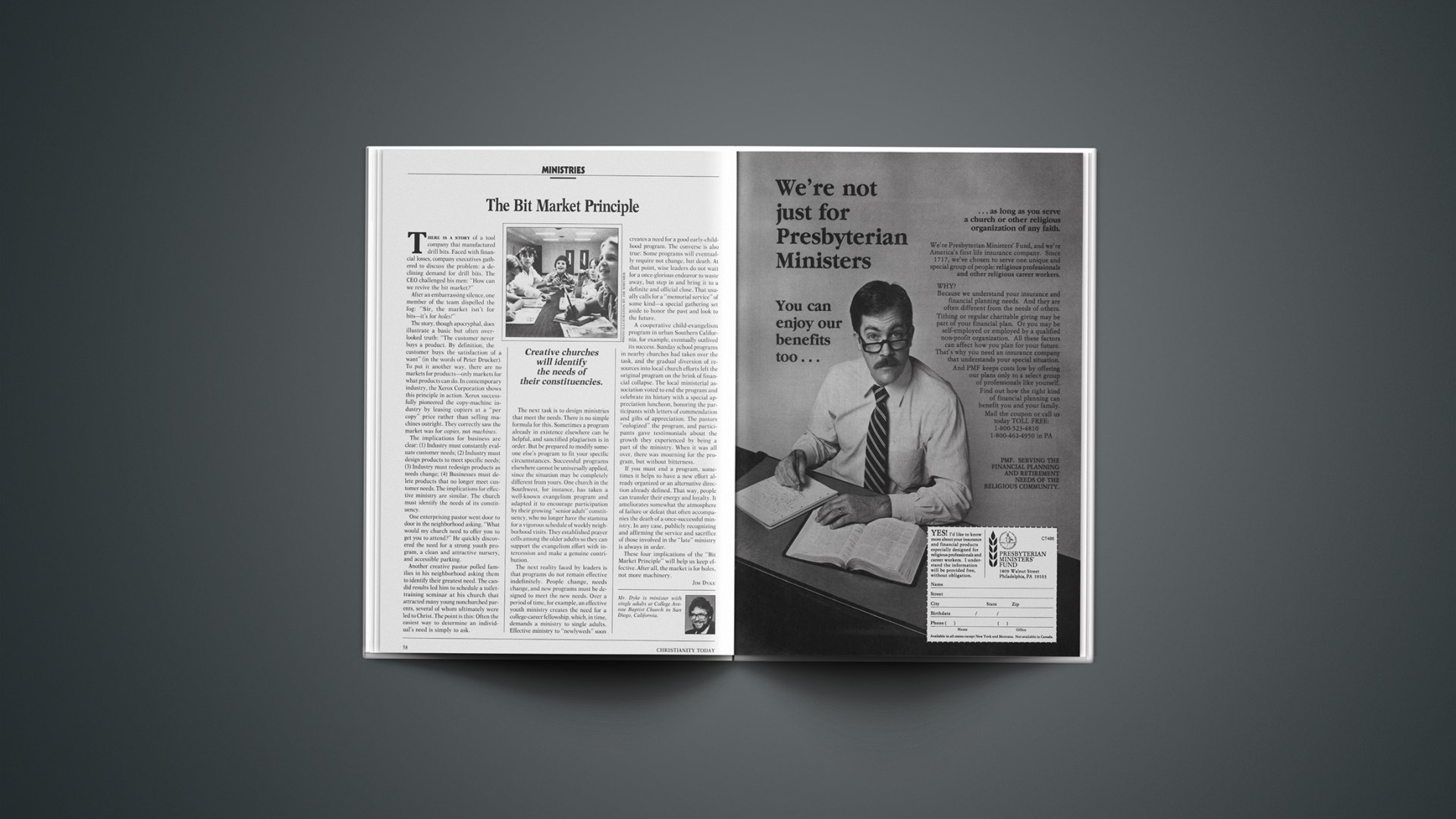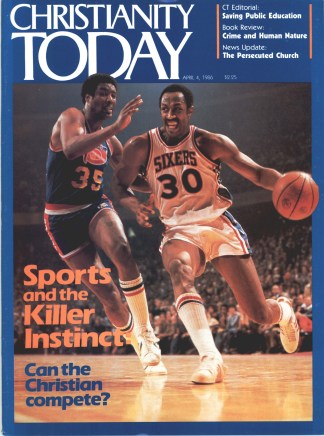There is a story of a tool company that manufactured drill bits. Faced with financial losses, company executives gathered to discuss the problem: a declining demand for drill bits. The CEO challenged his men: “How can we revive the bit market?”
After an embarrassing silence, one member of the team dispelled the fog: “Sir, the market isn’t for bits—it’s for holes!”
The story, though apocryphal, does illustrate a basic but often overlooked truth: “The customer never buys a product. By definition, the customer buys the satisfaction of a want” (in the words of Peter Drucker). To put it another way, there are no markets for products—only markets for what products can do. In contemporary industry, the Xerox Corporation shows this principle in action. Xerox successfully pioneered the copy-machine industry by leasing copiers at a “per copy” price rather than selling machines outright. They correctly saw the market was for copies, not machines.
The implications for business are clear: (1) Industry must constantly evaluate customer needs; (2) Industry must design products to meet specific needs; (3) Industry must redesign products as needs change; (4) Businesses must delete products that no longer meet customer needs. The implications for effective ministry are similar. The church must identify the needs of its constituency.
One enterprising pastor went door to door in the neighborhood asking, “What would my church need to offer you to get you to attend?” He quickly discovered the need for a strong youth program, a clean and attractive nursery, and accessible parking.
Another creative pastor polled families in his neighborhood asking them to identify their greatest need. The candid results led him to schedule a toilettraining seminar at his church that attracted many young nonchurched parents, several of whom ultimately were led to Christ. The point is this: Often the easiest way to determine an individual’s need is simply to ask.
The next task is to design ministries that meet the needs. There is no simple formula for this. Sometimes a program already in existence elsewhere can be helpful, and sanctified plagiarism is in order. But be prepared to modify someone else’s program to fit your specific circumstances. Successful programs elsewhere cannot be universally applied, since the situation may be completely different from yours. One church in the Southwest, for instance, has taken a well-known evangelism program and adapted it to encourage participation by their growing “senior adult” constituency, who no longer have the stamina for a vigorous schedule of weekly neighborhood visits. They established prayer cells among the older adults so they can support the evangelism effort with intercession and make a genuine contribution.
The next reality faced by leaders is that programs do not remain effective indefinitely. People change, needs change, and new programs must be designed to meet the new needs. Over a period of time, for example, an effective youth ministry creates the need for a college-career fellowship, which, in time, demands a ministry to single adults. Effective ministry to “newlyweds” soon creates a need for a good early-childhood program. The converse is also true: Some programs will eventually require not change, but death. At that point, wise leaders do not wait for a once-glorious endeavor to waste away, but step in and bring it to a definite and official close. That usually calls for a “memorial service” of some kind—a special gathering set aside to honor the past and look to the future.
A cooperative child-evangelism program in urban Southern California, for example, eventually outlived its success. Sunday school programs in nearby churches had taken over the task, and the gradual diversion of resources into local church efforts left the original program on the brink of financial collapse. The local ministerial association voted to end the program and celebrate its history with a special appreciation luncheon, honoring the participants with letters of commendation and gifts of appreciation. The pastors “eulogized” the program, and participants gave testimonials about the growth they experienced by being a part of the ministry. When it was all over, there was mourning for the program, but without bitterness.
If you must end a program, sometimes it helps to have a new effort already organized or an alternative direction already defined. That way, people can transfer their energy and loyalty. It ameliorates somewhat the atmosphere of failure or defeat that often accompanies the death of a once-successful ministry. In any case, publicly recognizing and affirming the service and sacrifice of those involved in the “late” ministry is always in order.
These four implications of the “Bit Market Principle” will help us keep effective. After all, the market is for holes, not more machinery.
JIM DYKE1Mr. Dyke is minister with single adults at College Avenue Baptist Church in San Diego, California.










